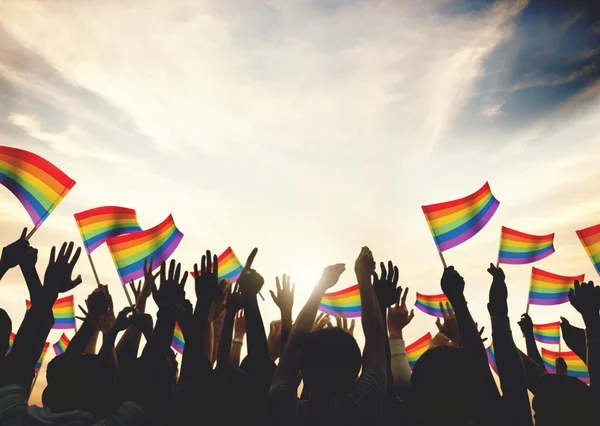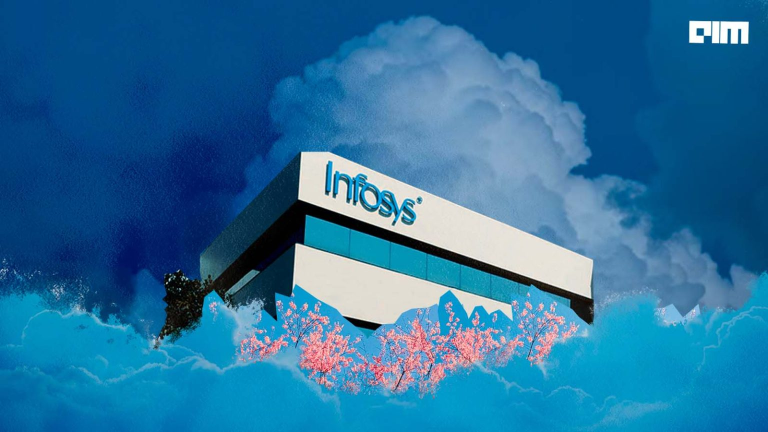In 2018, our Supreme Court struck down Section 377 of the Indian Penal Code, decriminalising homosexuality — a major victory for LGBTQ+ rights in the country. Since then, the tech industry has made several attempts to make it more inclusive for them.
Indian IT Rewrites the Inclusivity Code
Interestingly, TCS was one of the first Indian IT companies to tweak their insurance policy to include same-sex partners and redefine the policy with the use of ‘partner’ instead of ‘husband/wife’, broadening the scope. Tech Mahindra recently organised a pride walk at their Bengaluru campus to celebrate the Pride month and show support and solidarity to the LGBTQIA+ community with participation from its employees, allies, and community members. Tech Mahindra also supports the community through initiatives such as 12 weeks of paid same-sex adoption leave, bereavement leaves for same-sex partners, support groups, diversity and inclusion training, and visible LGBTQ+ leadership.
Similarly, Infosys’ initiatives include an enhanced Health Insurance Plan covering partners and gender confirmation surgeries, a learning program called #AllyForChange, an employee resource group called IPRIDE, focused on creating a safe and inclusive workplace and promoting education on sexual orientation and gender identity, and more.
Besides health insurance, one of Wipro’s key initiatives in this space is ‘Open Hearts Open Minds’, using real-life stories to raise awareness about appropriate language and behavior towards LGBTQ+ colleagues. They have implemented measures such as a Gender Affirmation Policy, Gender Transition Guidelines, and a Gender Neutral Anti-Sexual Harassment policy to create a welcoming workplace for queer employees. HCL Tech, the other Indian IT giant promotes LGBTQ+ inclusion through initiatives like Pride@HCLTech ERG, support for Out & Equal Workplace Summit, non-discrimination policy, LGBTQ+ training for employees, and partnerships with organisations like Human Rights Campaign, Trevor Project, and GLAAD.
Unravelling the Ground Reality
Over the span of the past two months, AIM reached out to numerous employees within renowned tech companies (not just IT) in India who identify as queer individuals. The purpose of this initiative was to gain firsthand insights into the ground reality and understand the experiences of LGBTQ+ members within the country’s tech giants.
The identities of both corporate entities and individuals have been anonymised, to protect privacy.
Initially, AIM faced a notable hurdle as individuals were reluctant to openly discuss the issue, citing company policies.
Despite these constraints, a common thread emerged from all the respondents: while management had implemented initiatives with good intentions, a pervasive problem of homophobic mindsets persisted among co-workers.
The crux of the issue appeared to stem from the prevalence of petty homophobic jokes that is always there. These derogatory comments along with microaggressions, may not seem like a big deal at first, but the impact of these ‘harmless’ jokes goes beyond the moment, contributing to a broader culture of discrimination and intolerance within these tech companies.
Never-ending Peril for Sexual Minorities
TW: Rape, Violence
Living a life that is marred by relentless bullying and harassment is far from easy. Inspite of 4 years of decriminalisation of homosexuality, India is still not safe for the sexual minority.
Two youths gang-raped a 19-year-old transgender person in January in Bhiwandi. A woman who identified as lesbian was forced to go through conversion therapy and marry a man until the court had to step in to provide protection. Last year, a transgender woman was forcefully taken from a government shelter in Noida and assaulted by the police. A transgender woman, Udhaya, was attacked in Tamil Nadu’s Tirunelveli district by her partner’s family. The list of violence against the LGBTQIA+ community is endless.
Today is the last day of June, the month of ‘Pride’, which brings with it vibrant expressions of support and inclusion. Instagram has rolled out new rainbow features. On Twitter, a simple ‘like’ transforms into a burst of rainbow colours when you engage with queer-related tweets. During this time, numerous companies alter their logos to stand in solidarity with the LGBTQ+ community. Although these efforts are made with a positive mindset, for most, it is reduced to a marketing gimmick.
It is crucial that we take a more comprehensive approach to address the underlying issues. Merely implementing policy changes and making token gestures is insufficient to combat the deep-rooted biases that still exist within our workforce.
The least we can do is be mindful and respectful of someone’s preferences. Your ‘harmless jokes’ on someone’s whole identity are actually not harmless.
Read more: Indian Tech is Still Oblivious to Gender Inclusivity

































